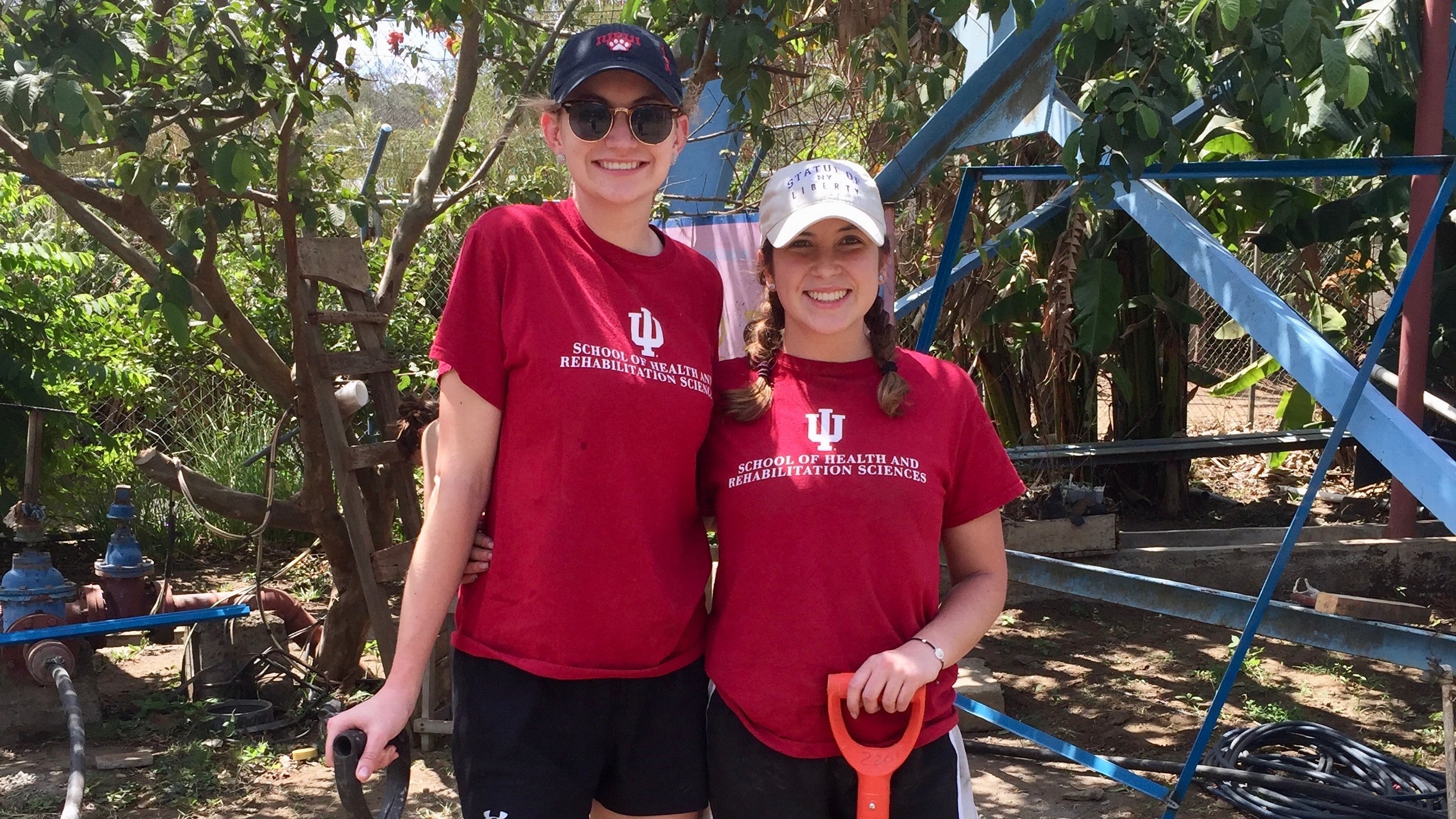Resources for Ethical Learners
Make Your Good Intentions Count through Ethical Engagement
Global learning programs, infused with community engagement elements in host communities have become more popular among students, faculty and staff in recent years. Community engagement abroad may occur in the form of fieldwork, internships, research or volunteer experiences.
We go abroad to learn about new places, to observe different ways of living, to learn a set of skills and/or to build our resume. For those of us that participate in community engagement experiences abroad, we also go with an intent to contribute to a broader public good, but do we succeed? How do we know that our activities have the impact we intend? Do the communities we learn and serve in abroad benefit as much as we do from our activities? Asking ourselves, our peers, our leaders, and our community partners these types of questions are what ethical engagement is all about.
Ethical Community Engagement Pledge
IU Indianapolis strives to provide intentionally-designed learning experiences that model principals of ethical engagement and support students in learning the art and skills of global citizenship.
In light of our campus commitment to do good without causing harm, we invite you to:
- take the IU Indianapolis pledge and
- strike up a conversation about the promises and pitfalls of global community engagement with friends, family, program leaders, and your peers.
Resources for Learners:
When searching for a program, one of the biggest issues is “fit.” You will want to research which program will:
- provide you with the most meaningful experience,
- best draw on your gifts and talents, as well as
- be structured to have a positive impact on your host community.
You may be surprised to learn that a common complaint among host communities is that they are exposed to untrained workers and volunteers that often:
- do not speak the local language,
- lack the knowledge necessary to contribute in culturally responsive ways and
- provide short term casual labor that fails to offer sustainable solutions or services that host communities need to see substantial gains in their own health and well-being.
How do I find these programs?
Look for programs that keep the positive impacts for the host community as a priority alongside the educational and experiential components that are important for you as a learner. Use the resources below to assist you in finding programs and/or organizations that strike this delicate/important balance.
Things We All Need to Know:
Learn More About Issues within Global Community Engagement
Vetting Programs and Sending Organizations
Social Media
Everyday Ethics Abroad
Issue-Specific Resources
Health and Wellness
Community engaged global learning programs can provide students in health fields with hands-on clinical experience and a chance to study abroad all in one. But it’s important to find a community engaged global learning program that benefits both the community and the learners. Many medication professional organizations have adopted guidelines for their students to consider when choosing a global health experience. Below are some guidelines for undergraduate and professional students interested in the health field, as well as some
Programs with Children
Teaching
Orphanages
Join the conversation!
Find a student organization dedicated to volunteering and service on campus, get involved with the Working Group or the IU Indianapolis Center for Service & Learning, or join the conversation nationally.

